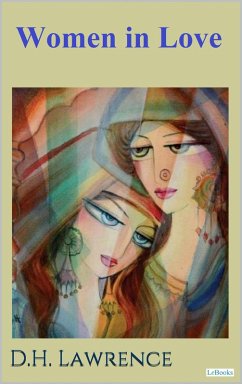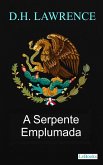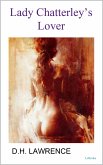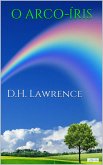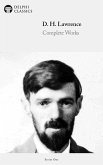Women in Love, by D.H. Lawrence, is a bold and psychologically intense novel that explores the complexities of human relationships, emotional intimacy, and the tensions between individuality and connection. As a sequel to The Rainbow, it follows the lives of sisters Ursula and Gudrun Brangwen as they navigate love, desire, and existential questioning in early 20th-century England. Their romantic entanglements with Rupert Birkin and Gerald Crich serve as a vehicle for Lawrence to examine the contradictions of modern life, the limits of rationality, and the search for spiritual and emotional fulfillment. Since its publication, Women in Love has been recognized for its innovative narrative style and its raw, unflinching portrayal of passion and psychological struggle. Lawrence blends philosophical discourse with lyrical prose to critique industrial society and explore the deeper impulses that govern human behavior. The novel's intensity and its exploration of both heterosexual and homoerotic relationships challenged the norms of its time and continue to provoke discussion. The enduring relevance of Women in Love lies in its fearless inquiry into the human condition-its emotional depth, its exploration of power dynamics in love, and its questioning of conventional values. It stands as a key work in modernist literature, offering a rich, provocative vision of love, identity, and the often tumultuous pursuit of meaning.
Dieser Download kann aus rechtlichen Gründen nur mit Rechnungsadresse in A, B, BG, CY, CZ, D, DK, EW, E, FIN, F, GR, H, IRL, I, LT, L, LR, M, NL, PL, P, R, S, SLO, SK ausgeliefert werden.

